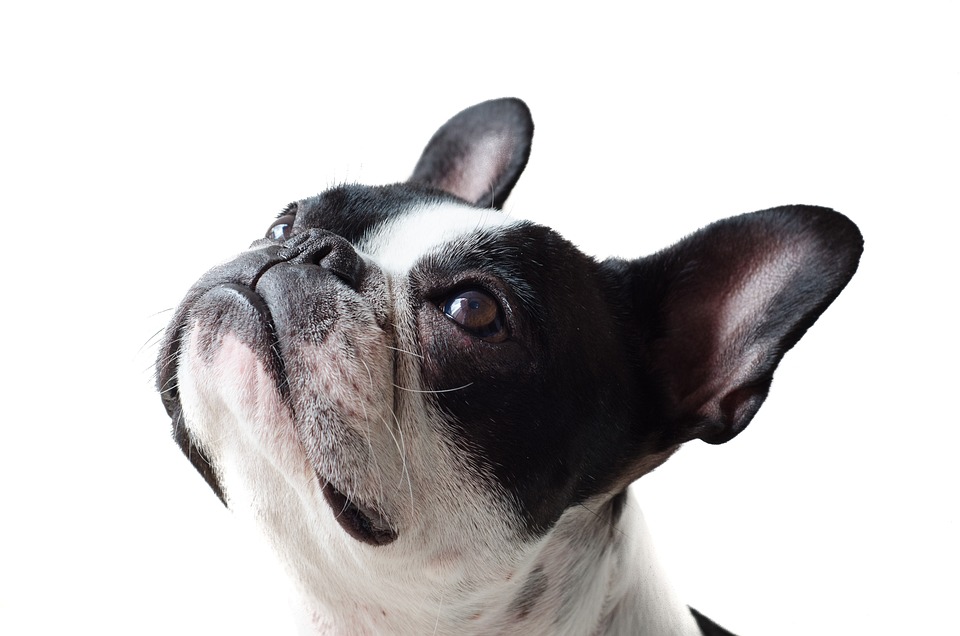Article: How to Prevent Destructive Chewing Behavior in Dogs: A Comprehensive Guide
Introduction:
Dogs are known for their love of chewing, but when this behavior becomes destructive, it can be frustrating and costly for dog owners. Understanding the root causes of destructive chewing is essential in preventing and addressing this behavior. In this comprehensive guide, we will explore various strategies and techniques to help you prevent destructive chewing in your dog.
Section 1: Creating a Safe and Stimulating Environment
Creating a safe and stimulating environment is crucial in preventing destructive chewing behavior in dogs. Some tips include providing sufficient exercise and mental stimulation, offering interactive toys and puzzles, and puppy-proofing your home to remove any items that may tempt your dog to chew.
Section 2: Proper Training Techniques
Proper training techniques play a significant role in preventing destructive chewing behavior. Teaching the “Leave It” command, using positive reinforcement, and redirecting chewing behavior to appropriate objects are effective methods to train your dog to chew on the right things.
Section 3: Adopting Effective Management Strategies
Implementing effective management strategies can help prevent destructive chewing. Crating your dog, using baby gates and playpens, and restricting access to forbidden areas can limit your dog’s opportunities to engage in destructive chewing.
Section 4: Addressing Anxiety and Boredom
Anxiety and boredom are common causes of destructive chewing behavior. Identifying signs of anxiety or boredom, implementing relaxation techniques, and seeking professional help if necessary can help address the underlying issues causing destructive chewing.
Section 5: Understanding the Role of Diet and Dental Health
Diet and dental health also play a significant role in preventing destructive chewing behavior. Providing appropriate chew toys, scheduling regular dental check-ups, and choosing the right diet for your dog can help satisfy their chewing needs and promote good oral health.
Section 6: Consistency and Persistence
Consistency and persistence are key in preventing destructive chewing behavior. Being consistent with training methods, reinforcing positive behavior, and staying patient and persistent will yield the best results in curbing destructive chewing habits.
FAQs about Preventing Destructive Chewing Behavior in Dogs
Q1: Why do dogs chew on things?
A1: Dogs chew on things for various reasons, including teething, boredom, anxiety, and a natural instinct to explore their environment.
Q2: How can I tell if my dog’s chewing is due to anxiety or boredom?
A2: Signs of anxiety or boredom-related chewing include excessive chewing, destruction of objects when left alone, pacing, restlessness, and other signs of distress.
Q3: Can I use bitter sprays or deterrents to prevent chewing behavior?
A3: Bitter sprays or deterrents can be effective in preventing chewing behavior, but they should be used in conjunction with proper training and management strategies.
Q4: Is it normal for puppies to chew on everything?
A4: Yes, it is normal for puppies to chew on everything as they explore the world and go through the teething process. However, it is essential to redirect their chewing to appropriate objects.
Q5: Are there certain dog breeds more prone to destructive chewing behavior?
A5: Some dog breeds, such as Labradors, Golden Retrievers, and Border Collies, are more prone to chewing behavior due to their high energy levels and need for mental stimulation.
Q6: Should I punish my dog for chewing on inappropriate objects?
A6: Punishment is not an effective method to prevent chewing behavior. Instead, focus on positive reinforcement and redirecting their chewing to appropriate objects.
Q7: How long does it take to correct destructive chewing behavior?
A7: The time it takes to correct destructive chewing behavior varies depending on the dog and the underlying causes. Consistency and persistence are key to achieving long-lasting results.
Q8: Are there any specific chew toys that are best for preventing destructive chewing?
A8: Choosing chew toys that are durable, safe, and appropriate for your dog’s size and breed is essential in preventing destructive chewing behavior. Consult with your veterinarian for recommendations.
Q9: Can excessive chewing lead to dental problems in dogs?
A9: Excessive chewing can lead to dental problems such as fractured teeth, gum inflammation, and oral infections. Regular dental check-ups and appropriate chew toys can help maintain good dental health.
Q10: What should I do if my dog’s destructive chewing behavior persists despite all efforts?
A10: If your dog’s destructive chewing behavior persists despite your efforts, it may be beneficial to consult with a professional dog trainer or behaviorist to address any underlying issues and develop a customized plan.









